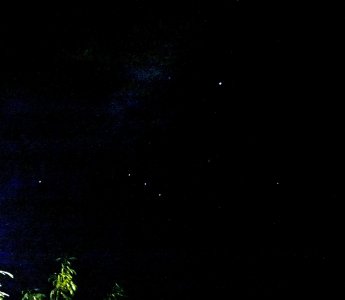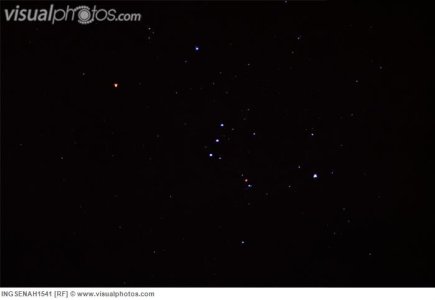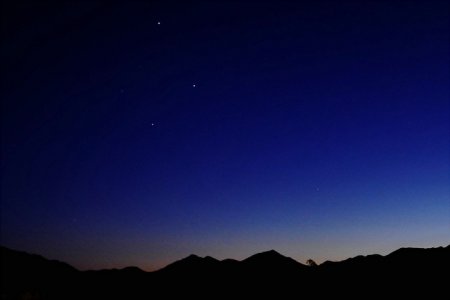Hi all,
We are planning a holiday this year and it is looking like Tenerife may be coming out on top. Now Teide National Park is obviously fairly high, no street lighting and clear skys, sounds like an opportunity for some night sky photography.
Has anybody been able to capture the stars (or the milky way?) with their L1020? I would like to refrain from taking another camera with me (more to lose) but I won't pass up the opportunity to get some amazing photos.
If you have any advice on which apps to use, or techniques, or even examples of your own photos I would be happy to hear it/see them.
Thanks in advance,
Chris
We are planning a holiday this year and it is looking like Tenerife may be coming out on top. Now Teide National Park is obviously fairly high, no street lighting and clear skys, sounds like an opportunity for some night sky photography.
Has anybody been able to capture the stars (or the milky way?) with their L1020? I would like to refrain from taking another camera with me (more to lose) but I won't pass up the opportunity to get some amazing photos.
If you have any advice on which apps to use, or techniques, or even examples of your own photos I would be happy to hear it/see them.
Thanks in advance,
Chris





